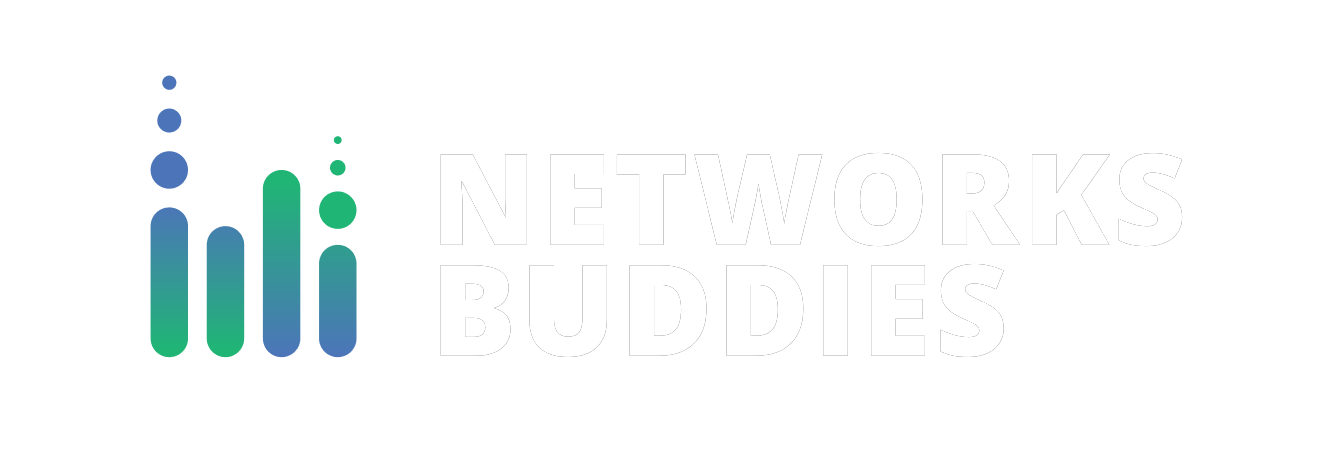A Simple Guide to DevOps: Enhancing Your IT Networking Skills
Have you ever wondered how leading tech companies manage to roll out updates and new features so quickly without compromising quality?
The answer lies in DevOps, a game-changing approach that has taken the IT world by storm. But what exactly is DevOps, and why should it matter to you—especially if you’re working in networking?
In this blog, we’ll unravel the mystery of DevOps, explore its significance in the networking field, and show you how mastering this approach can elevate your IT skills to the next level.
Ready to dive in?
1.What is DevOps? DevOps is a blend of two core areas: “Development” (Dev) and “Operations” (Ops). Traditionally, these two teams worked in silos, often leading to delays, miscommunication, and inefficiencies. DevOps aims to bridge this gap by fostering a culture of collaboration and continuous improvement. It emphasizes breaking down barriers between teams to create a more seamless and efficient workflow. By integrating development and operations, organizations can accelerate their software delivery processes while ensuring high quality and stability.
2. Why is DevOps Important in Networking? Networking is the backbone of IT infrastructure. Any delay or error in network management can lead to significant downtime and operational losses. With the increasing complexity of networks—thanks to cloud computing, virtualization, and the Internet of Things (IoT)—traditional methods of managing networks are no longer sufficient. DevOps introduces a new way of thinking about network management. It encourages automation, continuous monitoring, and rapid iteration, making networks more resilient and adaptable to change.
For network engineers, adopting DevOps practices means staying ahead of the curve. By integrating DevOps into your networking strategies, you can reduce manual tasks, minimize errors, and ensure that your network is always up-to-date and secure. It’s not just about keeping the lights on; it’s about driving innovation and value through smarter network management.
Key Concepts in DevOps:
- Continuous Integration (CI): Continuous Integration is a practice where developers frequently merge their code changes into a central repository. Each merge is then automatically tested to catch any issues early on. This process is crucial in networking because it allows for quick detection of potential conflicts or bugs that could affect network stability.
- Continuous Deployment (CD): Continuous Deployment takes the CI process a step further by automatically deploying code changes to production once they pass the necessary tests. In a networking context, CD can be used to automate the deployment of network configurations, updates, and patches, ensuring that your network is always running the latest, most secure software.
- Infrastructure as Code (IaC): One of the most powerful concepts in DevOps is treating infrastructure as code. This means that you can manage and provision your network infrastructure using code and automation tools. By doing so, you can replicate environments, track changes, and apply updates with the same speed and precision as software development.
- Automation: Automation is at the heart of DevOps. Whether it’s automating routine network tasks like configuration management or deploying complex multi-cloud architectures, automation reduces the risk of human error and frees up valuable time for more strategic activities.
- Monitoring and Logging: Continuous monitoring and logging are essential to maintaining a healthy network. DevOps encourages the use of tools and practices that provide real-time insights into network performance. By continuously monitoring your network, you can proactively address issues before they escalate and ensure optimal performance at all times.
3.How to Get Started with DevOps in Networking: If you’re new to DevOps, the idea of integrating it into your networking practices might seem daunting. However, with the right approach, you can gradually build your DevOps skills and apply them to your daily work. Here’s how to get started:
- Learn the Basics: Begin by familiarizing yourself with the core concepts of DevOps. There are numerous online courses, books, and resources that can provide a solid foundation. Focus on understanding how DevOps principles can be applied specifically to networking.
- Experiment with Tools: DevOps is supported by a wide range of tools that automate and streamline various tasks. Popular tools like Jenkins for CI/CD, Ansible for configuration management, and Terraform for infrastructure as code can be particularly useful in networking. Start experimenting with these tools on small projects to see how they can enhance your workflow.
- Implement a Small Project: Choose a small networking project where you can apply DevOps practices. For example, you might automate the deployment of a network configuration or set up a CI/CD pipeline for network-scripts. The goal is to get hands-on experience and see the benefits of DevOps in action.
- Join a DevOps Community: The DevOps community is vast and active. Joining a community—whether online or in person—can provide you with valuable insights, tips, and support as you navigate your DevOps journey. Engaging with others in the field can also help you stay up-to-date with the latest trends and best practices.
- Continuous Learning: DevOps is not a one-time implementation; it’s a continuous process of learning and improvement. Stay curious, keep experimenting, and don’t be afraid to make mistakes. The more you practice, the more proficient you’ll become at integrating DevOps into your networking practices.
Conclusion: DevOps is more than just a set of tools and practices—it’s a cultural shift that can revolutionize the way you manage networks. By embracing DevOps, you can enhance your efficiency, reduce downtime, and deliver better, more reliable network services. Whether you’re new to networking or an experienced professional, adopting DevOps practices can give you a competitive edge in the rapidly changing world of IT. Start small, stay committed, and watch how DevOps transforms your approach to networking.


